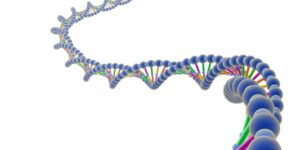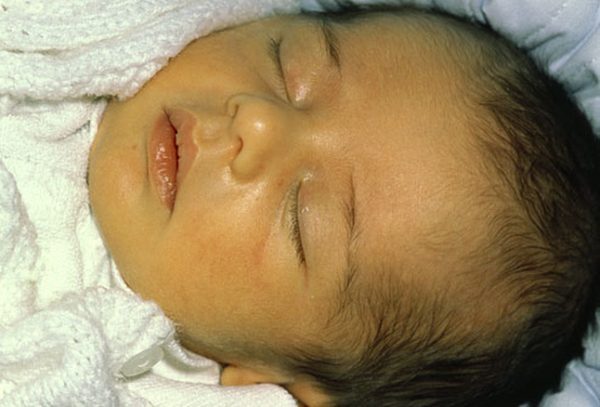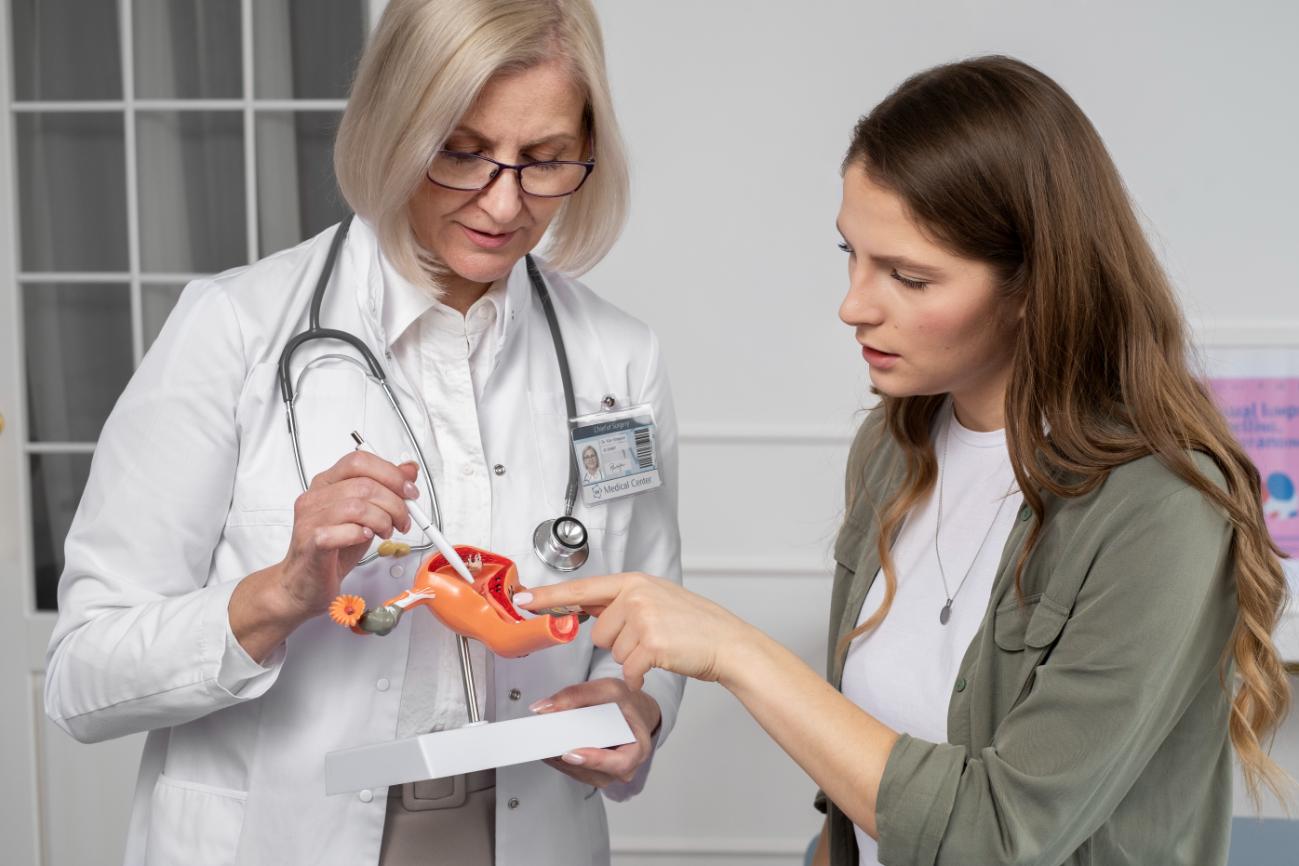
Whole genome sequencing is a genetic testing technology that obtains comprehensive data on all the genes and chromosomes in the DNA of a person. This information on the genetic makeup and detailed analysis of the genes can then be used to study how specific treatments for a disease can be affected by an individual’s unique genetics. For the whole genome sequencing the entire coding and non-coding regions of the genome are collected and analysed in lab settings. This has been especially instrumental in identifying genomic causes of rare disease, understanding variation in complex disease, characterizing mutations that drive cancer progression as well as personalizing medical treatments.
Whole genome sequencing is different from other types of DNA tests that otherwise obtains data on either one gene or spots within the DNA like genotyping microarrays. In the later type of testing actually less than 0.1% of the genome only gets tested. With whole genome sequencing data on every chromosomal coordinate from the beginning onwards, then the sequencing of sex chromosomes and also that of the mitochondrial chromosome is analysed. This technique has revolutionized biosciences and proven to be invaluable to the identification of gene functions and their involvement in disease. Sequencing technologies are now readily available across the world and within just a matter of few hours the wealth of genetic information that it can come up with for both research and healthcare is indeed amazing.
As far as its application in IVF is concerned whole genome sequencing will now allow parents to screen for even random mutations with just a few cells before the embryo implantation. In this way only the healthiest embryos will be implanted thereby greatly improving the chance of a successful live birth. This technique may help identify large chromosomal abnormalities or genetic mutations passed on by parents to their in vitro fertilized embryos. Around 5- to 10-cell biopsies from human embryos are used to detect potential disease-causing mutations. In some cases, genetic testing may be necessary to understand the cause of a patient’s fertility issues. This breakthrough procedure can be ultimately used as a reliable diagnostic tool to understand and treat a whole range of genetic diseases.
Let’s look at some of the benefits of Whole genome sequencing;
- Understanding the genotyping of cancer cells by which we can know the type of chemotherapy that will work best for a patient and thus tailoring treatment plans accordingly.
- Identifying certain unknown disease-causing genes that traditional genetic testing may overlook. They usually only look for the so-called troublemaker genes.
- Creating personalized treatment plans to treat a disease by learning about the mutant gene as well as other unique genes in the genome.
- Identifying and moderating lifestyle or environmental changes that may affect genetic predisposition.
- As a proactive measure to also identify any non-genetic disease which a person can be at risk in the future so necessary preventative actions can be taken.
- As an industry tool to monitor emerging pathogens, determine the persistence of pathogens in the environment and as an indicator of antimicrobial resistance. This can help synthesize new medications and vaccines, combat drug-resistant pathogens, and even contain outbreaks of contagious diseases around the world.
- Identifying the likelihood of an offspring having a genetic disorder before conception and during the prenatal period.
For enquiries and online appointments, send a message to
http://www.kjkhospital.com/contact-us/ or you can call us @ 0471-2544080, 2544706





